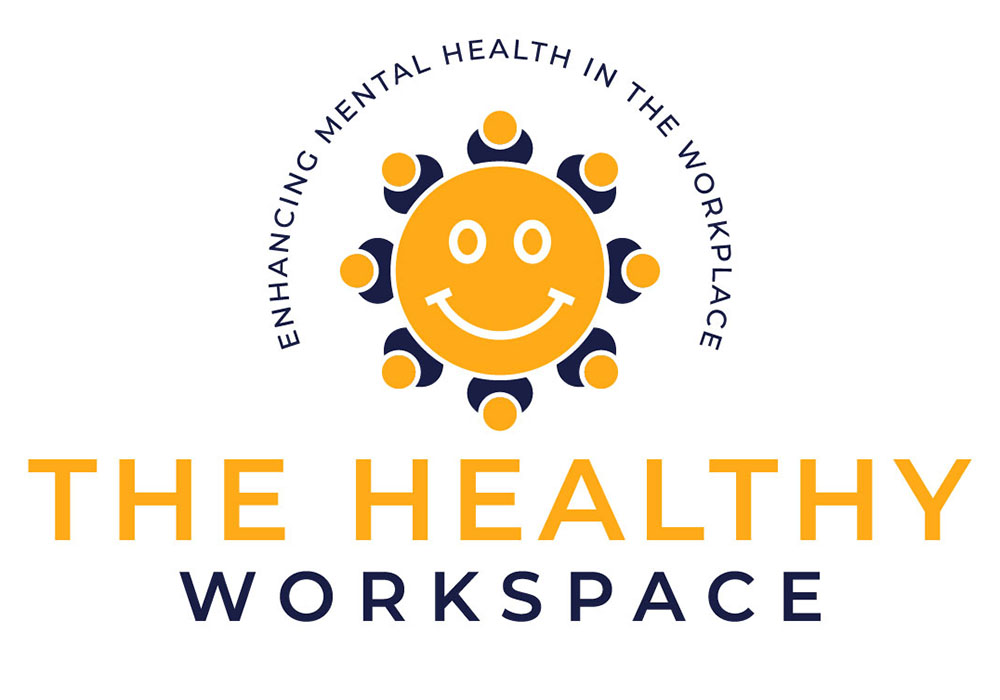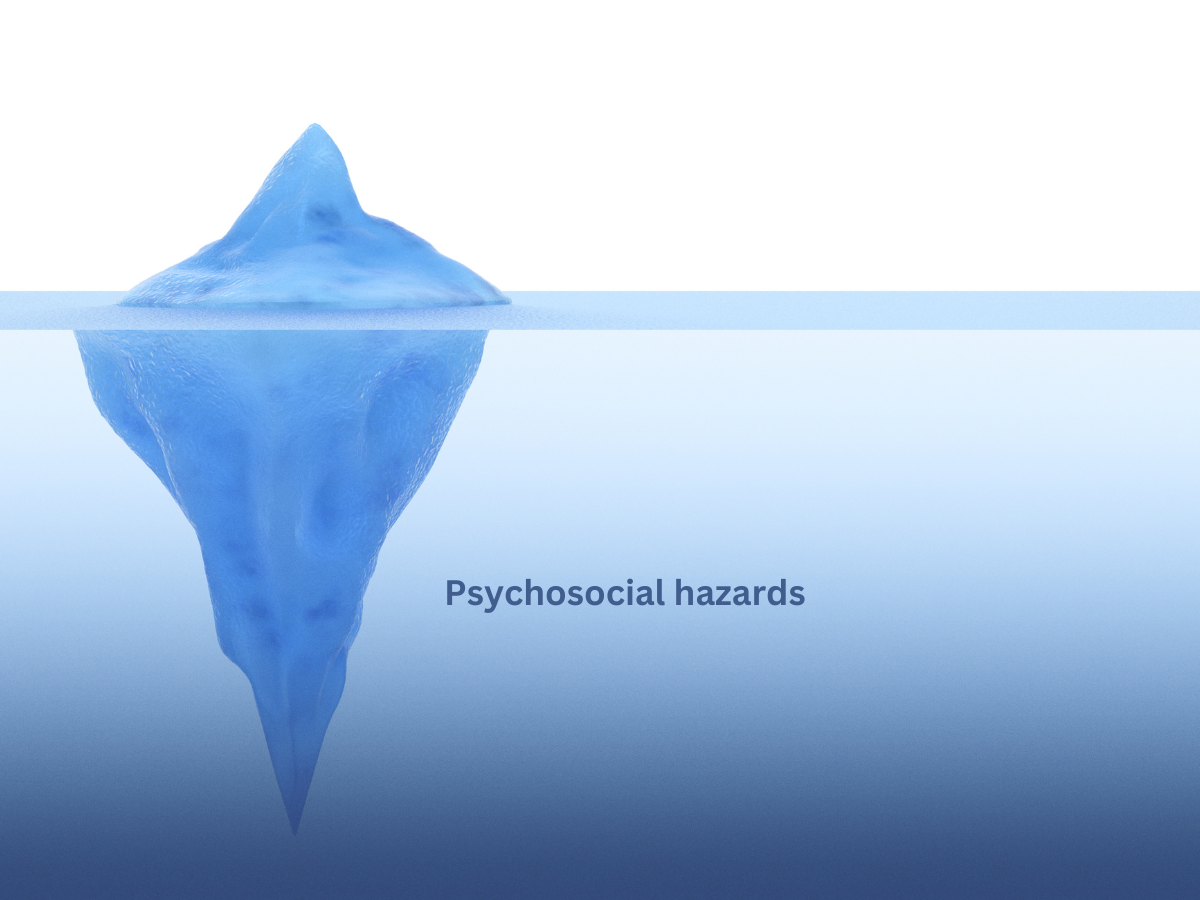
A work environment may be considered isolated based on location, time or nature of work. Our work environment has dramatically changed since the advent of covid, previous jobs that were typically office based have now largely become hybrid and in some incidences completely remote. Other roles have always had an aspect of isolation due to the very nature of the location and work being performed. Organisations that previously had no isolated work conditions are now required to create policies that cater for a combination of work conditions.
Remote working can provide unique challenges due to factors such as long travel times, poor access to resources and having limited access to help if required.
An isolated work environment when combined with other risk factors such as poor physical environment, lack of role clarity and poor support can be a psychological hazard.
Example:
Emma has been working for a financial services company for six months. Initially, her work was based in the head office, and over time, she gradually got to know some of her colleagues. However, the company has decided to implement a remote working policy and have decided to stop renting their space in the city development.
Since working from home, Emma has begun to notice that she is feeling very lonely at the end of the day. Due to the nature of her work she can have a number of consecutive days where she has no interaction with her colleagues other than work related emails. Emma has even noticed that this new work environment is impacting her confidence in social settings, her social anxiety appears to have worsened since working on her own all day. Emma, is not responding well to isolated working.

What Contributes to Isolated or Remote Work Issues
- Limited opportunities for in-person interaction with colleagues
- Difficulties building sustained relationships with bosses and colleagues.
- A sense of disconnection from the organisation
- A feeling of exclusion from the team events
- Not being up to date with company information
Negative consequences of Poor Workplace Relations
Social isolation can have a number of negative impacts on workers’ mental and physical health, including:
- Heightened stress
- Reduced motivation
- Increased feelings of loneliness and depression
- Decreased productivity
- Increased risk of accidents
- Increased risk of addiction
Strategies to mitigate remote or isolated work
Facilitate Social Interaction: Organise virtual social events, such as online coffee breaks, team-building activities, and informal chat sessions, to help remote workers feel more connected to their colleagues and reduce feelings of isolation.
Skill Development: Provide opportunities for remote workers to engage in continuous learning and professional development. This can include access to online courses, webinars, and virtual training sessions to help them stay engaged and advance their skills.
Promote Work-Life Balance: Encourage remote employees to maintain a healthy work-life balance by setting clear boundaries between work and personal time.
Rewards and Recognition: Ensure that remote workers are included in your rewards and recognition program, so they still feel valued and part of the organisation.
Management Training: Ensure your management team understands the importance of social inclusion and make remote staff engagement part of the KPI management system.




